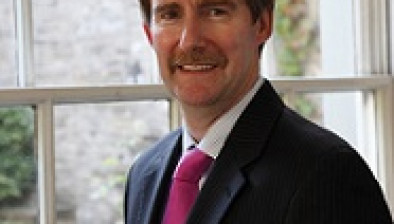NI: Human rights institutions call for stronger protections after Brexit

The Northern Ireland Human Rights Commission (NIHRC) has joined its counterparts in Scotland, England and Wales in urging the UK government to strengthen, not weaken, human rights through Brexit.
The UK’s three human rights institutions - NIHRC, the Equality and Human Rights Commission (EHRC), and the Scottish Human Rights Commission (SHRC), recently met with Sir Oliver Heald QC MP, Minister of State for Justice.
The commissions said the most marginalised in society will pay the price if human rights protections are weakened, and said the UK government should use constitutional change as an opportunity to strengthen human rights protections rather than weaken them.
Mr Heald was also told that the UK’s position as a global leader on human rights is under threat through repeated failures to implement United Nations human rights standards.
In a joint Chairs’ statement, the EHRC’s David Isaac, the SHRC’s Judith Robertson and the NIHRC’s Les Allamby said: “Too many people are being let down on key human rights issues such as housing, food and social care. Next month the UK’s human rights record will come under the international microscope and our reports to the UN have made it clear where more work needs to be done.
“The UK has signed up to many international human rights laws. The government should now make them part of domestic law and policies so they can be enforced and improve people’s everyday lives.
“Brexit raises significant uncertainty about the future of human rights protections in the UK. As the process unfolds, the Government must make a commitment to strengthen human rights laws after leaving the EU. We are concerned that there will be a reduction in current human rights protection once we leave the EU. Our position is clear that there should be no diminution of rights and that we should take this opportunity to strengthen protection.
“We will be working together to ensure that the UN has an accurate picture of human rights across the UK and where the UK Government needs to do more.”









